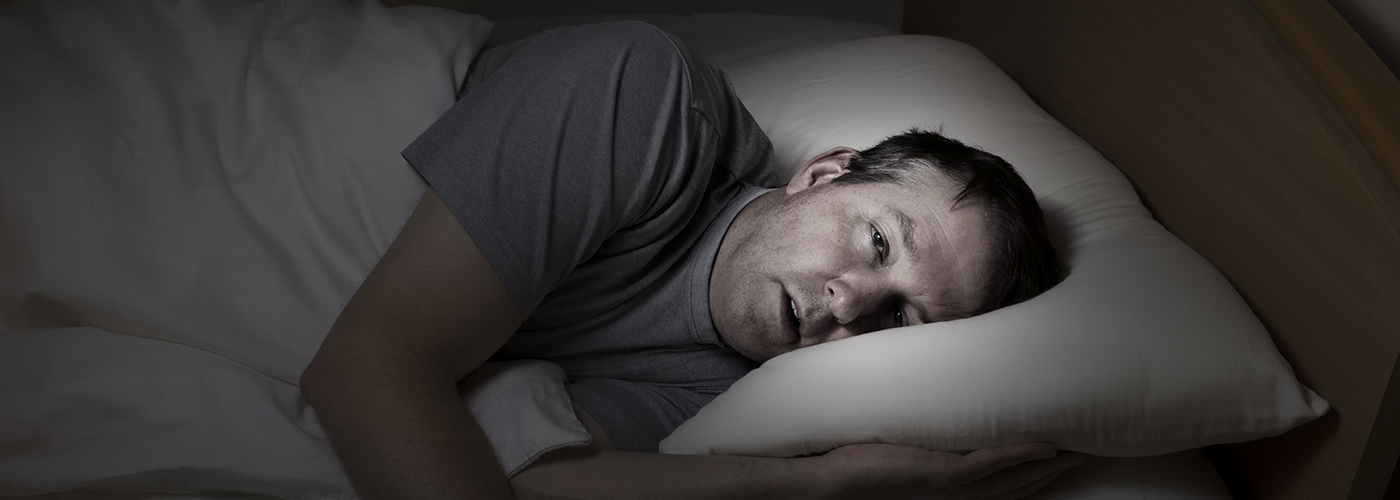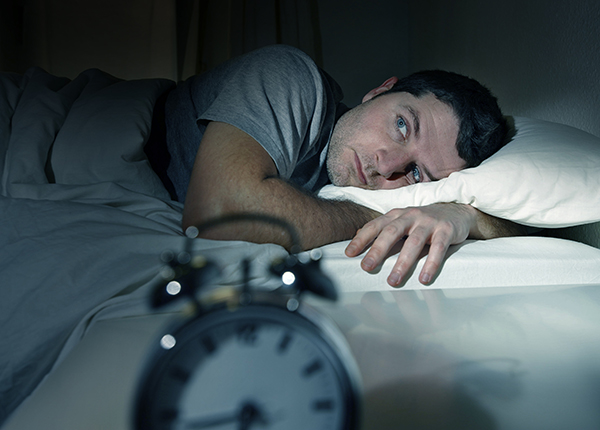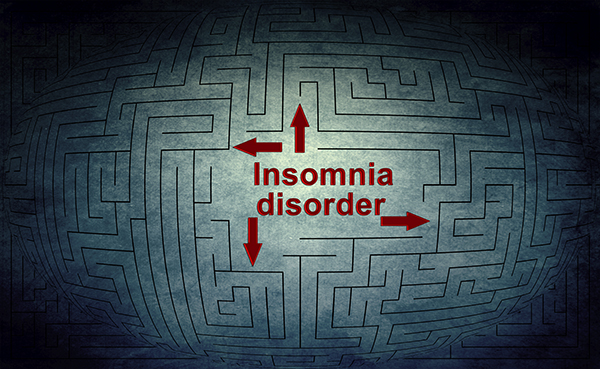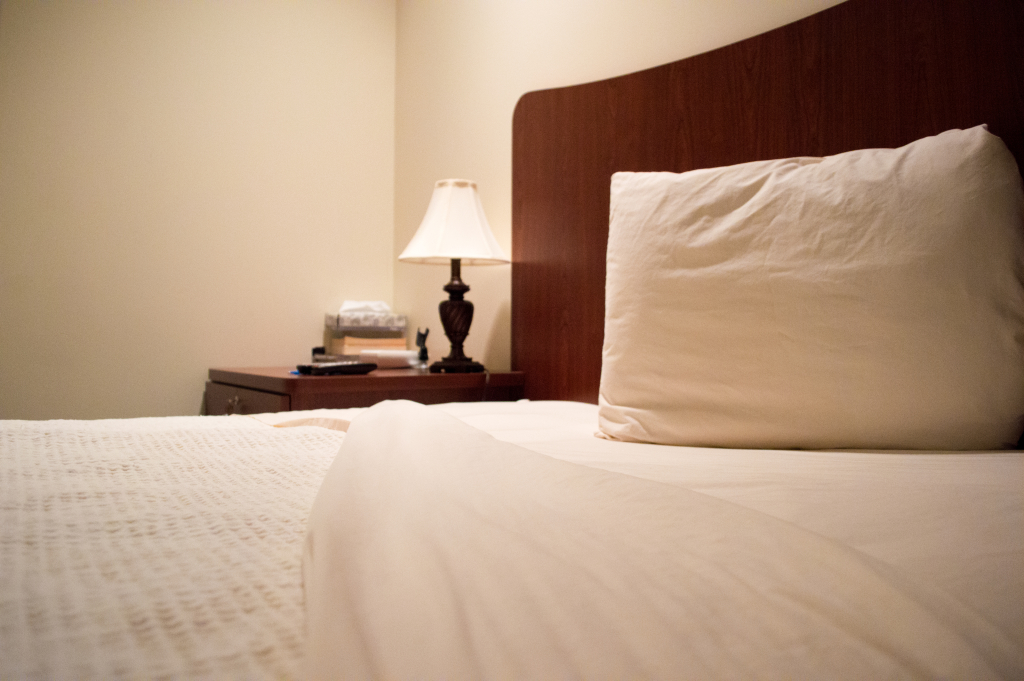
What Is Insomnia?
Insomnia is a sleep disorder that occurs when a person has difficulty falling asleep and/or staying asleep, even when the opportunity to sleep is sufficient. It is the most common sleep complaint and can affect anyone. A person who has insomnia wakes up feeling tired and unrefreshed. Lower levels of energy can result in obesity, lower performance, slower reaction time, psychiatric issues, irritability, a risk of illness due to lowered immunity, and substance abuse. In addition, existing illnesses or other medical conditions can become more severe. All of these complications caused by insomnia lead to the likelihood of a lowered quality of life for anyone experiencing them.
There are two types of insomnia based on cause. Primary insomnia occurs when the sleep issues are not directly related to any other health problem or condition. Secondary insomnia occurs when the sleep issues are due to environmental, medical, medicinal, or psychiatric reasons. Insomnia is also categorized based on frequency and duration. Acute insomnia is short-term, from one night to three weeks, and is generally resolved on its own. Chronic insomnia is long-term, lasting more than three weeks, and sometimes relies on various treatments and therapies.



Causes of Insomnia
Insomnia may be due to one or more of a number of causes. They include but are not limited to the following:
Symptoms of Insomnia
A person with insomnia may experience one or more symptom. They include but are not limited to the following:
- Problems with falling asleep, staying asleep, and/or waking and not being able to go back to sleep
- Waking up too early
- Tiredness, low energy, low motivation during normal waking hours
- Worries or frustration about sleep
- Problems with concentration, memory, and focus that result in a lowered performance at work or school and/or an increase in accidents or errors
- Tiredness upon waking even after having the right conditions for a full sleep session
- Tension headaches and/or gastrointestinal distress
- Anxiety, depression, and/or irritability

Treatment for Insomnia
The treatment for insomnia depends on the type of insomnia with which a person is diagnosed. Acute insomnia is short-term, from one night to three weeks, and is generally resolved on its own with no treatment required. Chronic insomnia is long-term, lasting more than three weeks, and sometimes relies on treatment in order to make it go away. In either case, insomnia is treatable.
In the case of both acute and chronic insomnia, health problems or underlying medical conditions must be treated first. It is possible that the insomnia will improve as your health problem or medical condition improves. If medications are suspected to be the cause of your insomnia, they will likely be changed. Other treatments for insomnia include the following:
- Be active during normal waking hours.
- Take short naps or better yet, avoid them altogether.
- Avoid or limit alcohol and caffeine.
- Avoid nicotine products.
- Control painful conditions.
- Make and adhere to a sleep schedule.
- Do not eat or drink heavily before bedtime.
- Use your bed for sleeping and sex only.
- Make your bedroom comfortable by eliminating noise, light, and extreme temperatures.
- Follow a relaxing bedtime ritual that involves a quiet activity.
- Get out of bed if you can’t sleep or as soon as you have had enough sleep to feel rested.
- Relaxation techniques including biofeedback, breathing exercises, and muscle relaxation help reduce anxiety by controlling heart rate, muscle tension, breathing, and mood.
- Stimulus control that limits the time you are awake in bed helps you associate the bed and the bedroom with sleep and sex only.
- Cognitive behavioral therapy works to eliminate or at least control negative thoughts and anxieties that might be keeping you awake.
- Sleep restriction causes partial sleep deprivation by decreasing your time in bed, thus making you more tired each night. An increase in time spent in bed occurs once your sleep improves.
- Light therapy uses the evening’s natural light or a medical-grade lightbox to push back your internal sleep clock if you have a tendency to wake up too early because you fall asleep too early.
Rather than try to deal with insomnia on your own, Dr. Nassar and Dr. Festic will find a treatment or combination of treatments that will work for you and your circumstances. If insomnia makes it hard to go about your normal daily tasks, contact Dr. Nassar, Dr. Festic and their sleep team at Jacksonville Sleep Center.
Click below to find out more about Insomnia with our Insomnia Guide
